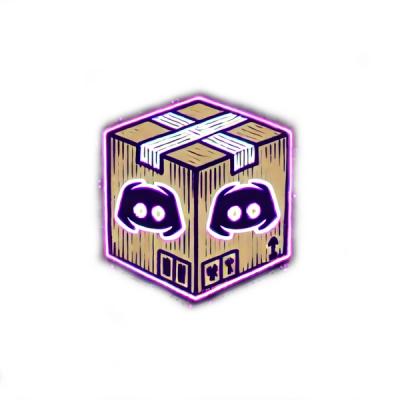jsQR
This project is a fork of cozmo/jsQR that provides an es6 build and contains several of the open pull requests of the original project which lately doesn't seem to be maintained much anymore.
A pure javascript QR code reading library.
This library takes in raw images and will locate, extract and parse any QR code found within.
Demo
Installation
NPM
Available on npm. Can be used in a Node.js program or with a module bundler such as Webpack or Browserify.
npm install jsqr-es6 --save
import jsQR from "jsqr-es6";
const jsQR = require("jsqr-es6");
jsQR(...);
Browser
Alternatively for frontend use jsQR.js can be included with a script tag
<script type="module">
import jsQR from 'path/to/jsQR.js';
jsQR(...);
</script>
A note on webcams
jsQR is designed to be a completely standalone library for scanning QR codes. By design it does not include any platform specific code. This allows it to just as easily scan a frontend webcam stream, a user uploaded image, or be used as part of a backend Node.js process.
If you want to have webcam support out of the box, this qr scanner based on this library is recommended: https://github.com/nimiq/qr-scanner/
Usage
jsQR exports a method that takes in 3 arguments representing the image data you wish to decode. Additionally can take an options object to further configure scanning behavior.
const code = jsQR(imageData, width, height, options?);
if (code) {
console.log("Found QR code", code);
}
Arguments
imageData - An Uint8ClampedArray of RGBA pixel values in the form [r0, g0, b0, a0, r1, g1, b1, a1, ...].
As such the length of this array should be 4 * width * height.
This data is in the same form as the ImageData interface, and it's also commonly returned by node modules for reading images.width - The width of the image you wish to decode.height - The height of the image you wish to decode.options (optional) - Additional options.
inversionAttempts - (attemptBoth (default), dontInvert, onlyInvert, or invertFirst) - Should jsQR attempt to invert the image to find QR codes with white modules on black backgrounds instead of the black modules on white background. This option defaults to attemptBoth for backwards compatibility but causes a ~50% performance hit, and will probably be default to dontInvert in future versions.canOverwriteImage - (true (default) or false) - Specifies whether the image data can be overwritten for performance improvements or whether it should be kept untouched. If true the image buffer will be used internally to reduce additional memory allocation.
Return value
If a QR is able to be decoded the library will return an object with the following keys.
binaryData - Uint8ClampedArray - The raw bytes of the QR code.data - The string version of the QR code data.chunks - The QR chunks.version - The QR version.location - An object with keys describing key points of the QR code. Each key is a point of the form {x: number, y: number}.
Has points for the following locations.
- Corners -
topRightCorner/topLeftCorner/bottomRightCorner/bottomLeftCorner;
- Finder patterns -
topRightFinderPattern/topLeftFinderPattern/bottomLeftFinderPattern
- May also have a point for the
bottomRightAlignmentPattern assuming one exists and can be located.
Because the library is written in typescript you can also view the type definitions to understand the API.
Contributing
jsQR is written using typescript.
You can view the development source in the src directory.
Tests can be run with
npm test
Besides unit tests the test suite contains several hundred images that can be found in the /tests/end-to-end/ folder.
Not all the images can be read. In general changes should hope to increase the number of images that read. However due to the nature of computer vision some changes may cause images that pass to start to fail and visa versa. To update the expected outcomes run npm run-script generate-test-data. These outcomes can be evaluated in the context of a PR to determine if a change improves or harms the overall ability of the library to read QR codes. A summary of which are passing
and failing can be found at /tests/end-to-end/report.json
After testing any changes, you can compile the production version by running
npm run-script build
Pull requests are welcome! Please create seperate branches for seperate features/patches.



